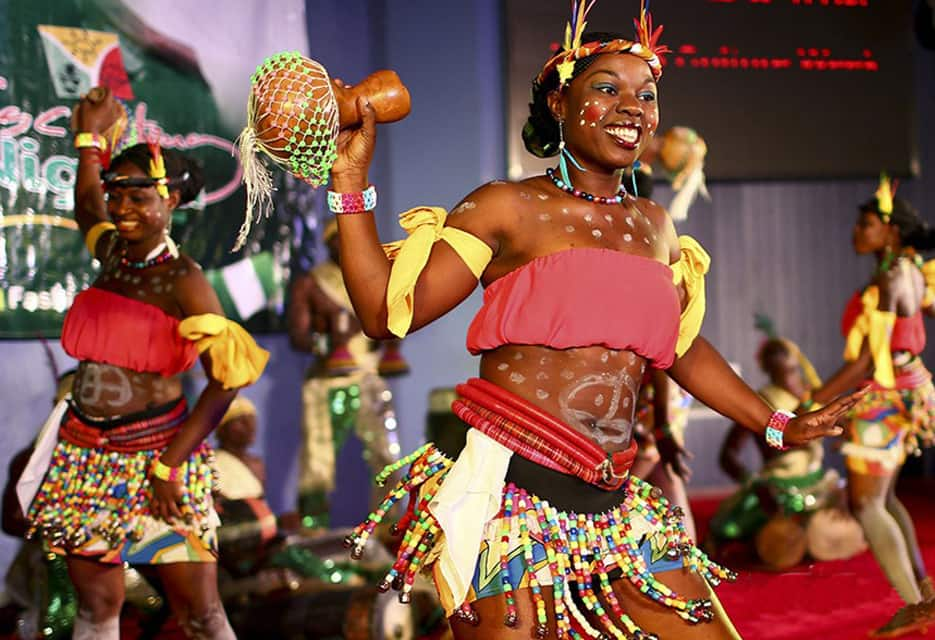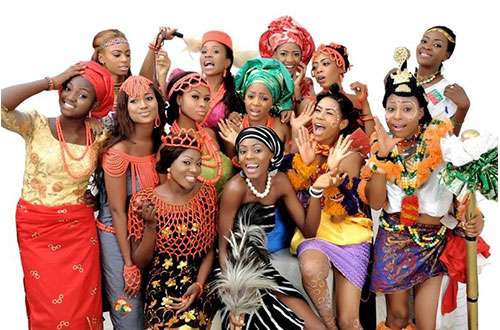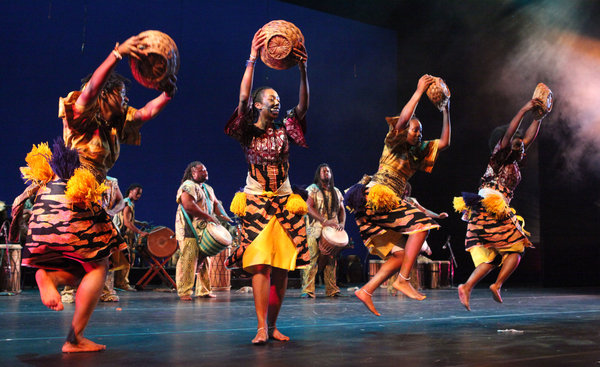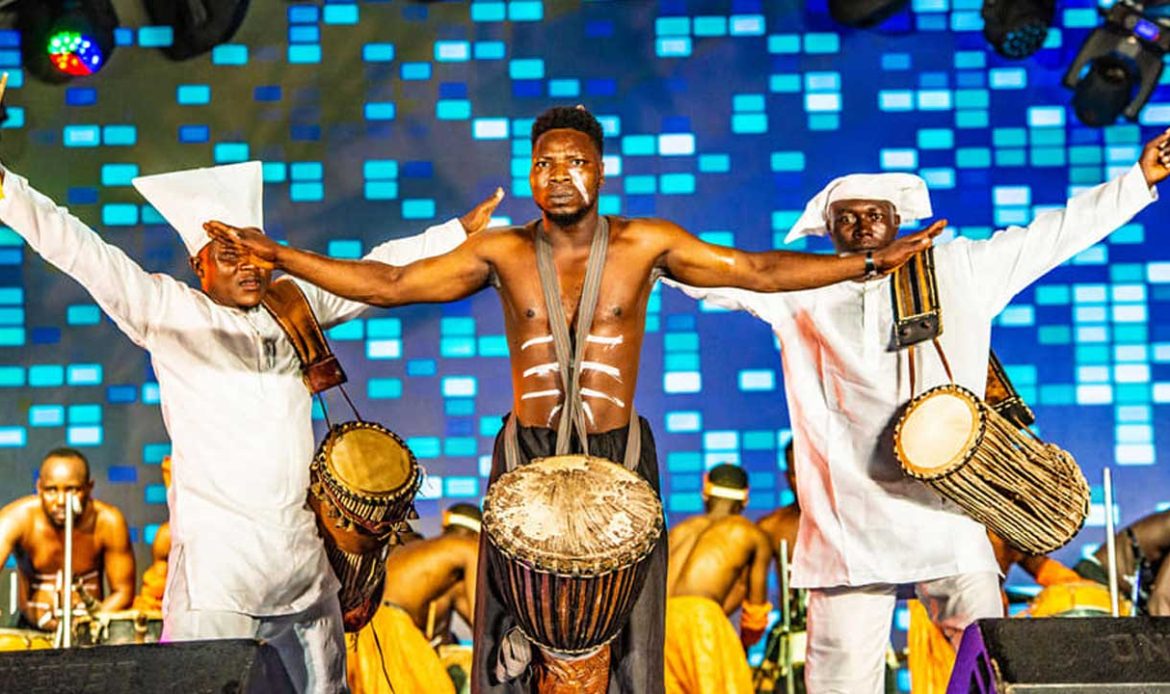Three things that remind us of how culturally rich we are as Nigerians

The Nigerian culture is shaped by its multiple ethnic groups. With over 521 languages and more than 1150 dialects, Hausa (25%), Yoruba(21%), Igbo(18%) and Ijaw(10%) constitute the four largest ethnic groups in the country. We also have the Edo people, a tribe largely found in the southern region; the Ibibio, Tiv, and Kanuri to name a few.
These tribes and their diverse cultures are essential to the growth, oneness, integration, identity and development of the country. The uniqueness of every tribe such as diets, mode of dressing, language, greetings, marriage, relationship, and leadership systems could be leveraged for Nigeria’s economic development. Today, we reflect on three things that show that Nigeria is culturally blessed.

Our Festivals

Nigeria boasts of over 350 festivals celebrated across tribes. These festivals pay homage to religion, hard work, traditions, and are often celebrated in ways that are unique to the country or the people of a locality. Some of Nigeria’s most prominent festivals include Eyo Festival, Argungu Fishing Festival, New Yam Festival, Ojude Oba Festival, Dubar Festival, Osun-Oshogbo Festival, Olojo Festival and Ofala Festival to name a few. There are also food and lifestyle festivals such as the Bole Festival, Abuja Carnival and Calabar Carnival. If properly harnessed, these festivals will become great ways of showcasing and boosting the country’s diverse culture and economy.
Traditional Dances

Dance is one of the best art forms for expression. Dance is performed for celebration, religious ritual, social interaction, emotional expression, expression of an idea or to tell a story. Some of Nigeria’s most popular dances include the Bata dance of the Yoruba people, Gese dance popular in the Hausa region and Atilogwu (acrobatic dance) common among the Igbo people. There’s also the Ekombi dance (Efik), Nkwa-Umu-Agbogho dance – maiden dance (Ebonyi), Koroso dance (Kano), the Swange dance (Tiv), and Ukwata dance (Abbi). Dance keeps our culture alive, promotes peace and a sense of belonging amongst our diverse community.
Read Also:10 Interesting Things We Know About the Igbo Tribe
Indigenous Music

Ethnicity plays a major role in the traditional forms of music in Nigeria. While each tribe boast of its unique style, instruments, and songs, Nigerian traditional music serves similar purposes across tribes such as entertainment, religion and social interaction. The country’s most internationally renowned genres are Apala, Fuji, Jùjú, Afrobeat, Afro-juju, Waka, Highlife and Igbo rap. The tales of Nigerian music cannot be told without making references to the likes of the legendary Fela Anikulapo Kuti (the pioneer of Afrobeat), Chief Stephen Osita Osadebe (Highlife), Sir Victor Uwaifo (Highlife), King Sunny Ade (Juju), Fatai Rolling Dollars (juju) and lots more.
The Nigerian culture drives a form of social affirmation and a means of expressing national or tribal loyalty and strengths.
Tell us what you love about Nigerian culture.

4 comments
Hi, its pleasant piece of writing about media print,
we all understand media is a impressive source of facts.
Abc Chile
Consultoria de Chile
Mecanica de suelos
abc-geotecnia definicion
Some really interesting information, well written and broadly user genial.
In this grand scheme of things you actually get an A+ for effort. Where you actually confused everybody ended up being on all the details. You know, as the maxim goes, the devil is in the details… And it could not be much more true at this point. Having said that, permit me inform you exactly what did work. The article (parts of it) is certainly really powerful which is possibly why I am taking the effort to opine. I do not make it a regular habit of doing that. 2nd, despite the fact that I can certainly see the jumps in reason you make, I am not really sure of exactly how you seem to unite the points which help to make the actual conclusion. For now I shall yield to your position but hope in the future you link your facts much better.
Comments are closed.